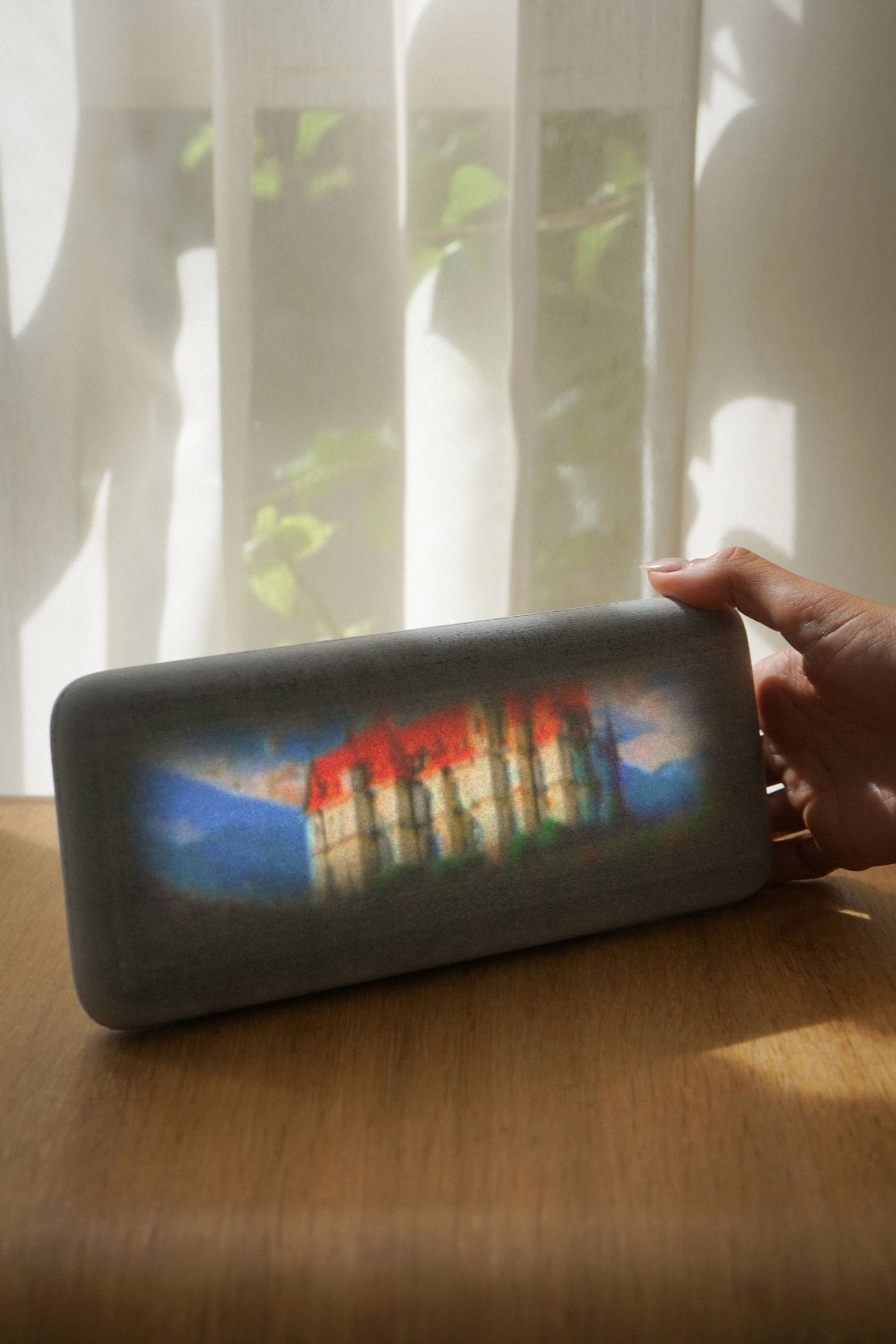


In an era full of complex AI gadgets, the Dutch design studio Modem introduces a surprisingly simple yet magical invention: the Dream Recorder. This AI-powered bedside device allows users to relive their dreams by turning them into hazy, surreal short videos.
Unlike most tech products today, the Dream Recorder isn’t about multitasking or constant notifications. Instead, it focuses on just one poetic function: you wake up, press a button, describe your dream, and the AI transforms your words into an impressionistic dream-video.
Unlike commercialized tech, the Dream Recorder is also completely open-source—from the code to the 3D-printable shell. Modem’s co-founders say it’s designed to help people reconnect with their subconscious before their day is overtaken by loud, invasive technology.
With seven slots, it lets users store a full week's worth of dreams and even spot patterns in their subconscious minds.
“The fascination with dreams has always been there,” says co-founder Astin le Clerq, “but now we finally have tools that can give shape to the invisible.”
The AI’s dreamy visuals are trained on illustrations by Alexis Jamet, giving the videos a soft, analogue look. The post-processing is done using FFmpeg, further enhancing the nostalgic, grainy feel. Users can even customise the video style with prompts of their own.
Designed to look quiet and non-digital, the device fits beautifully in a bedroom setting—no harsh lights, no constant connectivity, just a soft glow in the dark. Modem's approach draws on the philosophy of Mark Weiser, the father of “ambient computing,” where tech fades into the background.
“AI is just math and code,” says Bas van de Poel, “but its impact depends on intention. We want AI to enhance inner awareness, not distract from it.”
By open-sourcing their tools, Modem hopes to offer an alternative to the corporate AI world, often dominated by big tech and venture capital.
“It’s time to ask not just what AI can do,” says le Clerq, “but what it should do.”
Modem defines itself as a hybrid between a design studio and a think tank. They've worked with OpenAI, DeepMind, Google, and others. Intriguingly, the studio plans to shut down completely by 2030, proving their focus isn’t on growth—but on meaning.
📚 Source:
Dezeen – Article by Rima Sabina Aouf, published 30 June 2025
https://www.dezeen.com/2025/06/30/dream-recorder-modem-ai/